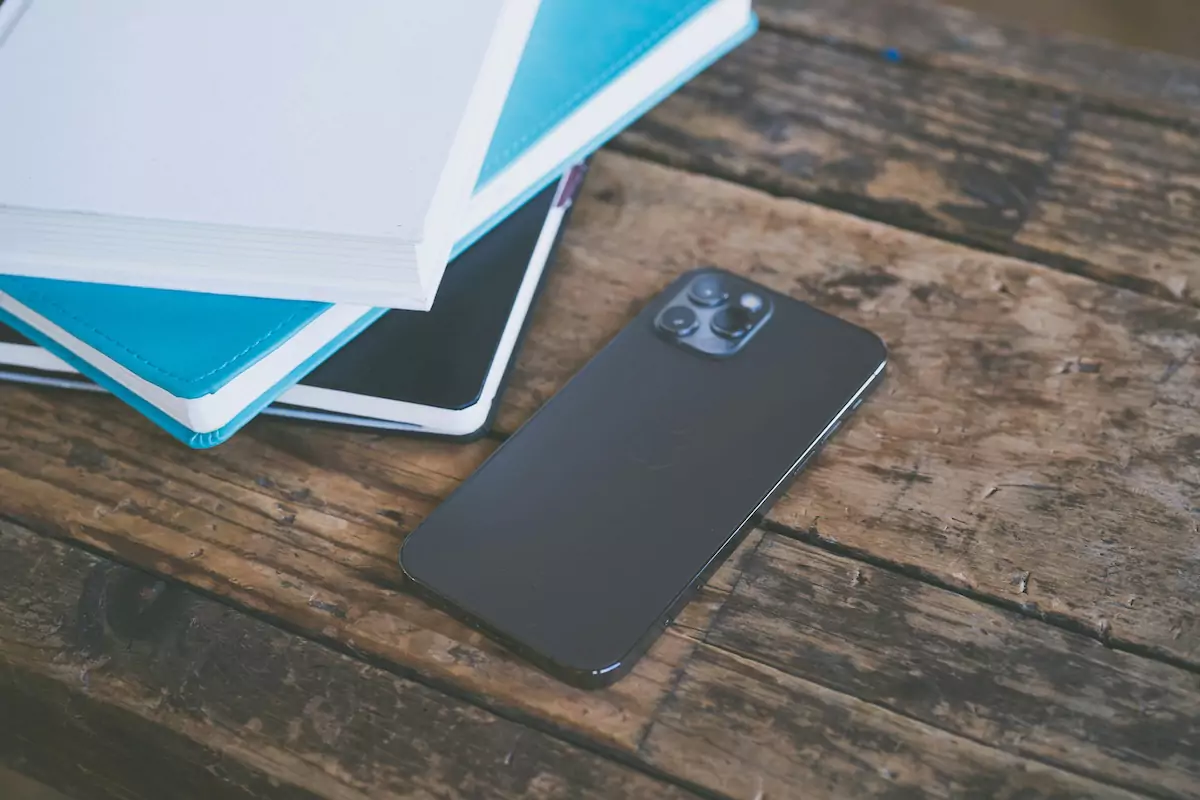As French pupils prepare to head back to class on Monday 1st September, Education Minister Élisabeth Borne has confirmed that mobile phones will be banned in all collèges (middle schools) from the start of the new academic year.
Speaking at her back-to-school press conference on Wednesday 27th August, Borne reaffirmed the government’s commitment to the “Portable en pause” policy, which aims to ensure that no middle school student uses their phone during school hours.
“The issue of screens is a matter of public health, of mental health, and no one can deny the effects,” said the minister, highlighting that one in five young people in France now shows signs of psychological distress.
A National Roll-Out of the “Portable en pause” Scheme
The ban, already tested in more than 100 schools during the 2024-2025 academic year, will now be extended to all public collèges before the end of 2025. Early results have been positive, with schools reporting improvements in classroom concentration and overall school climate.
Each institution will be responsible for deciding how best to enforce the rule, whether through lockers, sealed pouches, or collection systems. “What matters,” Borne stressed, “is that students are learning in an environment free from the constant distraction of mobile phones.”
Extending Beyond Collège
The legal framework already prohibits the use of mobile phones and connected devices in primary schools and collèges. However, it also gives high schools (lycées) the option to adopt similar restrictions through their internal regulations.
In practical terms, this means that schools can confiscate a student’s phone if the rule is broken, provided the procedure is clearly defined in the school charter.
The policy also goes beyond phones: updates and notifications on educational platforms such as Pronote and ENT (digital school platforms) will now be suspended by default in the evenings (from 8pm to 7am) and over weekends, in order to encourage a “right to disconnect” for students, families, and teachers.
Protecting Students from Digital Risks
The government argues that the ban is necessary not only to support learning, but also to protect young people from the risks linked to excessive screen time: cyberbullying, exposure to violent or pornographic content, theft or racketeering, and reduced attention spans.
“The use of mobile phones undermines the quality of listening, concentration, and the collective life of the school,” said the Ministry of Education in its July release on the subject.
Exceptions will be made for pupils with medical needs, such as diabetic students who rely on connected devices to monitor their health. Limited pedagogical use of phones will also remain possible, provided it is explicitly authorised by a school’s regulations.
A Back-to-School Shift in Culture
The decision forms part of a broader government roadmap entitled “For Responsible Digital Use in Schools”, which also includes student training on digital literacy and greater support for families in managing screen time.
Stay updated with Monaco Life: sign up for our free newsletter, catch our podcast on Spotify, and follow us across Facebook, Instagram, LinkedIn, and Tik Tok.
Photo credit: The Paint Square, Pexels
